Justice Needs and Satisfaction in Uganda
With almost 35 million inhabitants, Ugandan population has doubled since 1990. Rapid demographic changes challenge justice institutions, which need to provide services to a growing amount of people. Informal institutions, such as the Local Council Courts, play an important role to give affordable justice to those who need it.
New research on formal and informal justice delivery
According to the 2020 Justice Needs and Satisfaction Survey (JNS) people suffer most from continuing crime, land problems, domestic violence, and neighbor conflicts. The survey shows that almost 13 million legal problems occur each year in Uganda. Almost 70% of all legal problems do not receive a resolution or get a resolution perceived as unfair. Of those, 4.7 million legal problems are abandoned annually without fair resolution, 1.9 million are ongoing and 2.13 million are considered to be resolved unfairly.
The Covid-19 crisis and the ensuing economic crisis make it more necessary than ever to pull together to do things differently. The Covid-19 Survey that HiiL conducted amongst 270 leaders from more than 20 countries shows that justice problems are on the rise. When asked about the impact of the Covid-19 crisis, justice leaders in Uganda believe that the justice gap is increasing (Covid-19 Survey). An increase in domestic violence, employment problems, and debt problems is expected. The global crisis has added to the urgency of a well-functioning justice sector. Due to the crisis, there is more demand, and the capacity of courts, police and informal justice to handle problems is decreasing.
Strengthening what already works
The data shows that Local Council Courts (LCCs) and police are often used and appreciated for their services. The report also finds that citizens perceive that members of LCCs, police, judges at courts and justice workers delivering legal aid all offer combinations of advice, mediation, decisions, “representation” and referral. Justice leaders and the Ugandan Presidency have also called for strengthening the links between formal and informal justice, to increase the capacity of courts and conflict resolution in communities.
The JNS findings offer strong support for the innovation directions set by justice leaders and suggest it would be advisable to:
- Support the Local Council Courts system, and in general, third parties that are neutral in practice;
- Simplify the justice journeys of the people starting with the most impactful problems;
- Support formal courts when dealing with land problems;
- Improve ways to listen to the people. Promote and support face-to-face help, focused on possible solutions to problems in a fast, fair, and affordable way;
- Go one step beyond knowing what problems people have and what works in resolving them, by measuring in detail how the resolution of problems improves the lives of Ugandans.
Three pressing justice problems in Uganda
Judges, LCC-members, and other justice workers shared their views on improving the resolution processes on three pressing problem categories in Uganda: Land, Crime, and Divorce and Separation. These reports can help people-centred delivery and policies.
Ugandan Justice Dashboard
Having data available for policy-making and monitoring progress is key for people-centred justice. JLOS, supported by HiiL, brought data from the Justice Needs and Satisfaction 2019 (JNS) into a Justice Dashboard. This dashboard is now extended with data about cases in courts. Also, how people speak about justice problems is captured from social media, offering an almost real time monitoring of trends in justice needs.
